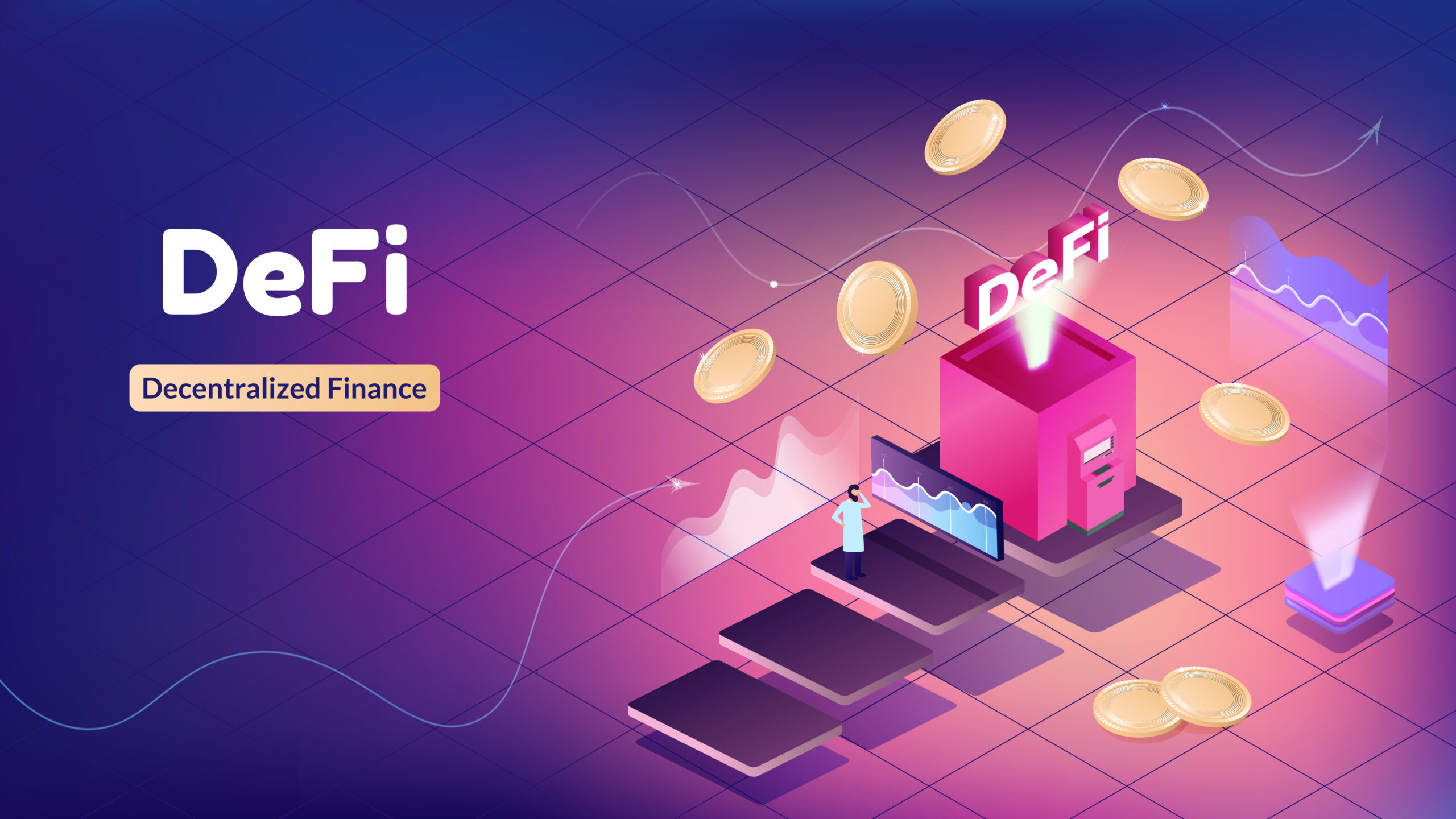New Horizons in Crypto: Beyond the Bitcoin Bubble
- 1 Understanding Bitcoin’s Dominance
- 1.1 Bitcoin’s Historical Significance
- 1.2 Market Capitalization and Dominance
- 1.3 The Challenges and Limitations of Bitcoin
- 2 The Emergence of Altcoins
- 2.1 Definition of Altcoins
- 2.2 Examples of Popular Altcoins
- 2.3 The Unique Features and Use Cases of Prominent Altcoins
- 3 DeFi and Smart Contracts
- 3.1 Introduction to Decentralized Finance (DeFi)
- 3.2 The Role of Smart Contracts in DeFi
- 3.3 Prominent DeFi Platforms and Their Impact on Finance
- 4 Non-Fungible Tokens (NFTs)
- 4.1 What Are NFTs?
- 4.2 The NFT Market Explosion
- 4.3 Real-World Applications of NFTs Beyond Art and Collectibles
- 5 Blockchain Technology Beyond Cryptocurrencies
- 5.1 Use Cases of Blockchain Technology in Various Industries
- 5.2 Benefits and Challenges of Blockchain Adoption
- 5.3 Future Possibilities for Blockchain Integration
- 6 Regulatory and Environmental Concerns
- 6.1 Government Regulations and Crypto Taxation
- 6.2 Environmental Impact of Cryptocurrencies
- 6.3 The Evolving Legal Landscape and Its Effect on the Crypto Market
- 7 Conclusion
Cryptocurrency, a digital form of currency based on blockchain technology, has revolutionized the financial world since the inception of Bitcoin in 2009. Bitcoin, often referred to as digital gold, has dominated the cryptocurrency market for years. However, as the crypto landscape evolves, it’s crucial to explore new horizons beyond the Bitcoin bubble. This article delves deep into the expanding world of cryptocurrencies, from the rise of alternative coins (altcoins) to innovative technologies like decentralized finance (DeFi), non-fungible tokens (NFTs), and blockchain’s potential in various industries. In this rapidly changing landscape, investors and enthusiasts need to stay informed and diversified. To effectively trade Bitcoins online, you may invest in a reliable and trusted trading platform such as https://bitcoinxapp.com/.
Understanding Bitcoin’s Dominance
![]()
Bitcoin’s Historical Significance
Bitcoin, created by an anonymous entity known as Satoshi Nakamoto, introduced the concept of a decentralized digital currency. Its launch marked the beginning of a financial revolution, offering an alternative to traditional centralized systems.
Market Capitalization and Dominance
Bitcoin’s market capitalization remains unparalleled in the crypto space. As of the latest data, it accounts for a significant percentage of the total cryptocurrency market cap. This dominance has both advantages and disadvantages.
The Challenges and Limitations of Bitcoin
While Bitcoin is the poster child of cryptocurrencies, it faces challenges like scalability issues, transaction fees, and environmental concerns due to its energy-intensive mining process. Additionally, Bitcoin’s limited programmability restricts its use cases compared to newer cryptocurrencies.
The Emergence of Altcoins
Definition of Altcoins
Altcoins, or alternative coins, refer to any cryptocurrency other than Bitcoin. They have gained popularity as investors seek diverse opportunities within the crypto space.
Examples of Popular Altcoins
Several altcoins have made a significant impact on the market. Ethereum, often considered the pioneer of smart contracts, Ripple’s XRP, Litecoin, and many others have carved their niches.
The Unique Features and Use Cases of Prominent Altcoins
Altcoins differentiate themselves from Bitcoin through unique features and use cases. Ethereum, for instance, enables the creation of decentralized applications (DApps) and smart contracts, expanding the possibilities of blockchain technology.
DeFi and Smart Contracts

Introduction to Decentralized Finance (DeFi)
Decentralized Finance, or DeFi, represents a paradigm shift in the financial sector. It offers financial services, such as lending, borrowing, and trading, without traditional intermediaries.
The Role of Smart Contracts in DeFi
Smart contracts, self-executing agreements with the terms of the contract directly written into code, power DeFi platforms. They automate processes, eliminate the need for intermediaries, and enhance transparency.
Prominent DeFi Platforms and Their Impact on Finance
Platforms like Aave, Compound, and Uniswap have gained prominence in the DeFi space. They have attracted billions in total value locked (TVL) and are reshaping the way people interact with financial services.
Non-Fungible Tokens (NFTs)

What Are NFTs?
Non-fungible tokens (NFTs) are unique digital assets that represent ownership of a specific item, piece of art, collectible, or virtual property. They have surged in popularity, creating new opportunities in the digital world.
The NFT Market Explosion
NFTs have disrupted the art world, music industry, gaming, and even real estate. The sale of digital art pieces for millions of dollars and virtual real estate transactions are just a few examples of NFT market growth.
Real-World Applications of NFTs Beyond Art and Collectibles
NFTs extend beyond the realm of art and collectibles. They can be used to tokenize real estate, authenticate luxury goods, and prove ownership of digital assets, opening doors to various industries.
Blockchain Technology Beyond Cryptocurrencies
Use Cases of Blockchain Technology in Various Industries
Blockchain technology has found applications in industries such as healthcare, supply chain management, and voting systems. Its tamper-proof and transparent nature enhances security and efficiency.
Benefits and Challenges of Blockchain Adoption
While blockchain offers numerous benefits, including increased transparency and reduced fraud, it also presents challenges like scalability and interoperability that need to be addressed for widespread adoption.
Future Possibilities for Blockchain Integration
Blockchain’s potential remains largely untapped. Its integration into sectors like healthcare could revolutionize data sharing and patient records, while supply chains could become more transparent and efficient.
Regulatory and Environmental Concerns
Government Regulations and Crypto Taxation
Governments worldwide are grappling with the regulation of cryptocurrencies. Taxation policies, anti-money laundering (AML) regulations, and know-your-customer (KYC) requirements are being implemented to ensure compliance.
Environmental Impact of Cryptocurrencies
Bitcoin’s energy-intensive mining process has raised environmental concerns. Many cryptocurrencies, including Bitcoin, are exploring more eco-friendly alternatives to mitigate their carbon footprint.
The Evolving Legal Landscape and Its Effect on the Crypto Market
The regulatory environment is continuously evolving. Investors and stakeholders need to stay informed about the legal changes that can significantly impact the crypto market’s future.
Conclusion
In conclusion, while Bitcoin remains a cornerstone of the cryptocurrency world, exploring new horizons beyond the Bitcoin bubble is essential for investors and enthusiasts alike. Altcoins, DeFi, NFTs, and blockchain technology are reshaping the financial landscape, offering diverse opportunities and solutions. However, regulatory and environmental considerations must be taken seriously as the crypto industry continues to evolve. Staying informed and diversified is key to navigating the dynamic world of cryptocurrencies and unlocking their full potential.

















